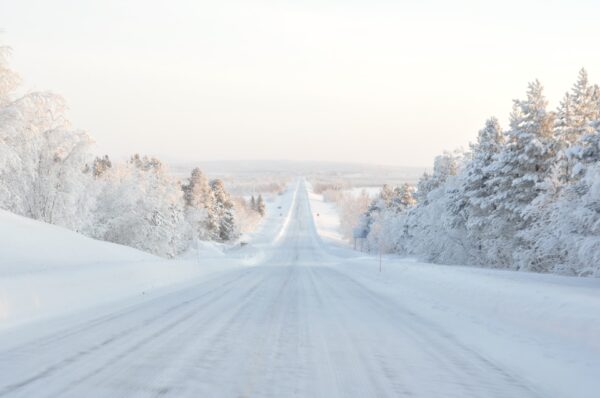
A car accident in Maine is more likely to happen in the winter than any other time of year should be of little surprise to anyone. When the roadways and highways become slippery, winter car accidents happen. From vehicles sliding off the roads or into other cars, getting hit from behind or sideswiped, driving in wintry weather, in a snowstorm, or across black ice can be a challenge.
Maine Car Accident Stats
An increase in car accidents during winter is not simply an assertion. Winters, after all, can be harsh and unrelenting in the Pine Tree State. Still, the supporting data is also published in an exhaustive report, State of Maine Highway Crash Statistics, 2020 Edition, by the Maine Department of Transportation. Highway Crash Statistics is a statistical review of reported motor vehicle highway crashes in the state from 2016 to 2020. The study found nearly one-third of the annual car crashes on Maine highways happen during December, January, and February. If you count the 100 days from around Thanksgiving through early March, when temperatures drop and the cold weather sets in, annual car crash totals jump to over 40%.
Why the Increase in Car Crashes During the Winter Season?
For starters, when Maine winter strikes, the cold temperatures and harsh weather can adversely impact a vehicle’s performance and, consequently, lead to internal and external damage that may contribute to an accident, not of your doing.
Falling temperatures can cause any number of problems to a vehicle. When temperatures drop below thirty-two degrees, condensation in vehicle fuel lines can turn to ice, stalling a car. Frozen windshield wipers can wreak havoc when visibility is a must. When temperatures fall below freezing, engine fluids thicken—brakes, power steering, antifreeze, transmission, wiper, and especially the oil that lubricates your engine. Freezing temperatures slow the flow of oil through your engine when you start the car, placing strain on your engine and the car’s battery. In cold weather, batteries produce less electrical power, making it harder to start a car.
The cold weather also causes tires to lose pressure, leading to uneven wear, lower mpg, and a blowout that may result in an accident. The sand and salt used to treat winter roads can lead to corrosion along your car’s undercarriage and wheel wells.
All these conditions are bad enough for any vehicle, but when cold weather combines with precipitation, regardless of its intensity, the risk of a severe accident increases. Rain at any time of the year increases the odds of getting into a car crash. But precipitation during winter poses that much more of a threat than the other seasons because it is in the form of snow, ice, and freezing rain, making driving much more dangerous. Cold, snowy weather can create treacherously slippery road conditions.
Black ice forms easily on elevated road surfaces on bridges and overpasses but can also develop along shadowy stretches of tree-lined roads during the day.
What You Can Do To Prepare for Winter Driving
The law firm of Hardy Wolf & Downing wishes to remind all Maine drivers that, as winter approaches, cold weather can impact your vehicle and the roads you drive on. Visit your local mechanic and prepare your car for winter. During the winter months, especially in snowy, icy road conditions, it’s an excellent habit to drive defensively—slow down, keep your distance behind cars, turn your headlights on, tap your brakes when slowing, keep your tires fully inflated, your gas tank full, and drive safely.
If you have been injured or your car has been damaged in a winter car accident through no fault of your own or having difficulty settling with the insurance company, contact an experienced car accident lawyer at Hardy Wolf & Downing for a free consultation. We will advise you, help file your claim, and ensure that you are awarded the compensation you deserve, not what the insurance company thinks you deserve.

